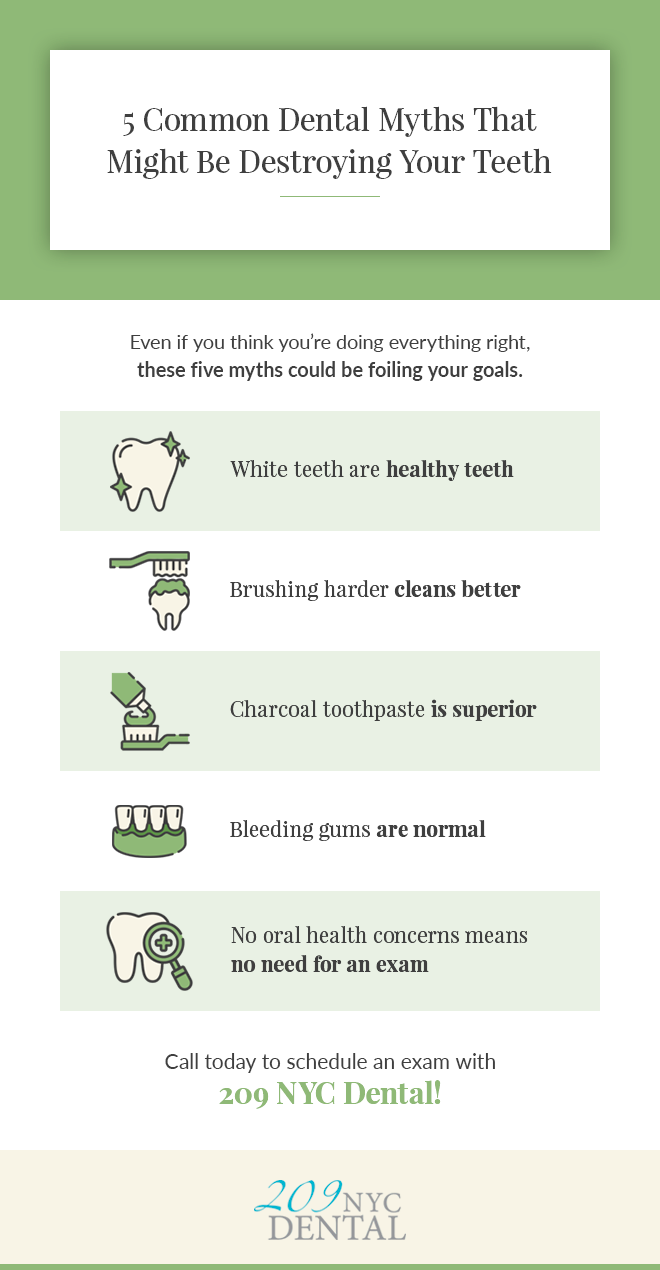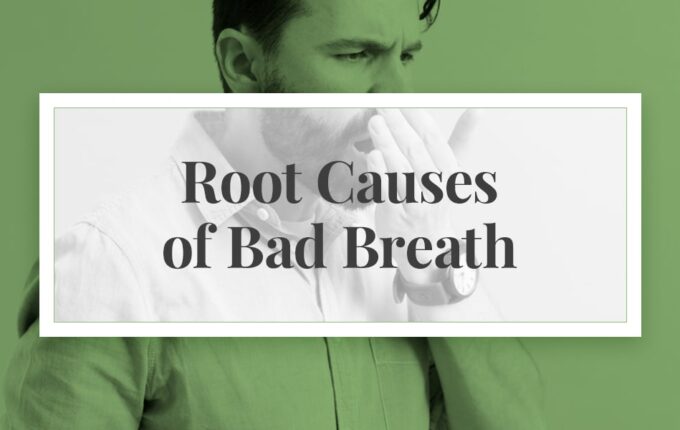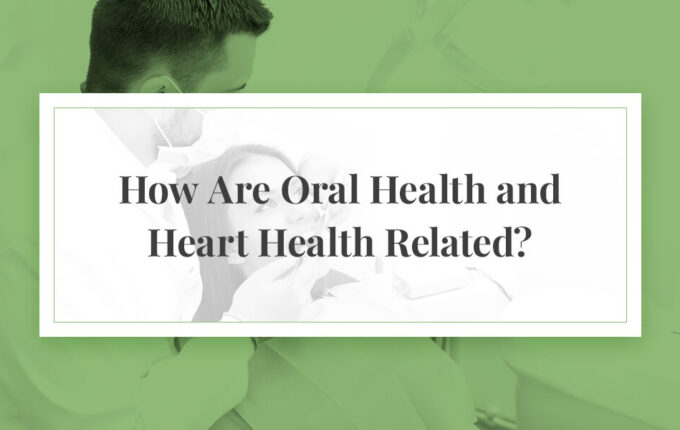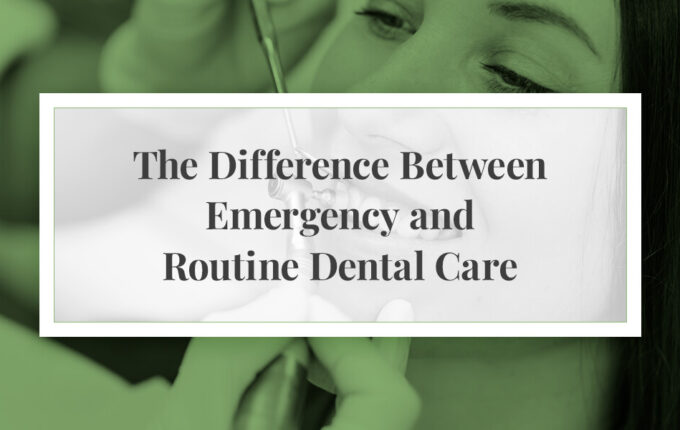11 Common Dental Myths and Misconceptions
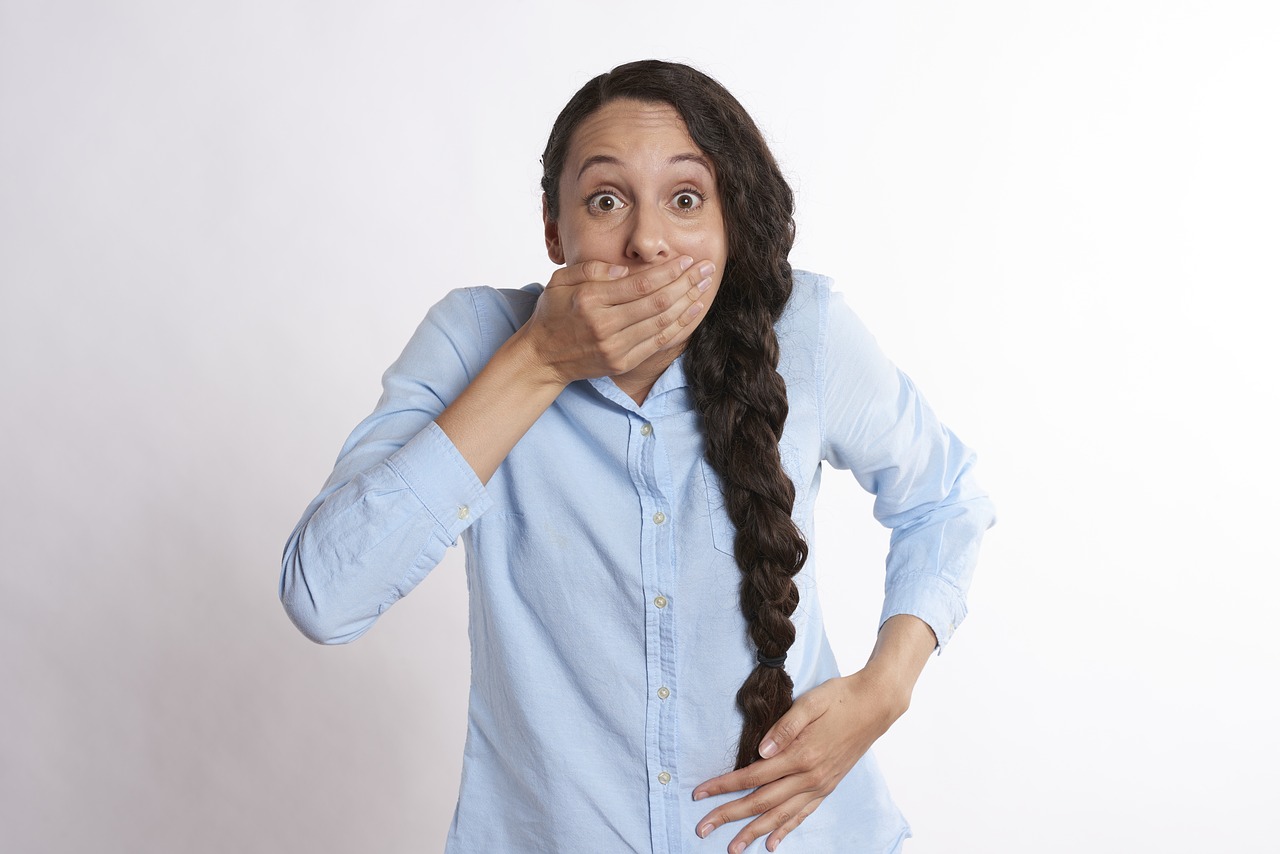
There is a wealth of advice available online regarding tips for proper oral care.
Unfortunately,
much of it is false or misleading. New developments in healthcare happen each day, and sometimes the messages get crossed. Other dental myths have existed for years, passed down from generations before. Set the record straight with the facts. Here are the top dental myths and misconceptions.
Dental Myths And Misconceptions
Myth 1: Sugar Causes Cavities
While sugar does contribute to the formation of cavities,
it’s not the sugar itself that causes the problem. Rather, it’s the bacteria that eats the sugar. Sticky food, like starches, attracts bacteria to thrive on and around teeth. These bacteria produce an acid compound that promotes tooth decay. Rinse and brush after meals to reduce acid and plaque buildup.
Myth 2: Bleeding Gums Are Normal
Bleeding gums during brushing or flossing is due to inflammation of the gums. Gums can become inflamed and begin to bleed due to excessive plaque buildup, the onset of gingivitis, gum disease or other causes. It’s not normal. You’ll want to contact your dentist for an exam.
Myth 3: Brushing Harder Cleans Better
Brushing harder is counterproductive. The harder you brush, the more trauma the tooth enamel and gum tissue endure. It can eventually lead to other problems such as gum recession. Brush gently for two minutes, twice daily with a soft-bristled brush.
Myth 4: Flossing Is Not Really Necessary
Flossing is an integral part of maintaining good oral health. One in five Americans never flosses, and only 40% of those who do floss daily. Flossing removes up to 80% of plaque. Plaque deposits promote tooth decay, but you can remove them with a daily flossing regimen.
Myth 5: Chewing Gum Works Like Brushing
Chewing gum is not a replacement for brushing your teeth. Some chewing gums can promote cleaner teeth and better breath, and some dentists even recommend the sugar-free varieties to chew on instead of candy. However, while some chewing gums serve as aids to oral health, they still don’t reach the level of being able to replace brushing your teeth.
Myth 6: White Teeth Are Healthy Teeth
Whiter teeth are not always healthier teeth. Teeth begin white, and over time, they can become discolored through staining or damage. Whitening teeth may leave the underlying cause of discoloration unaddressed. If your teeth are losing their luster, speak to your dentist about why.
Myth 7: Charcoal Toothpaste Is Better
Charcoal toothpaste is marketed for whitening but in reality, it offers little protection for teeth. Charcoal toothpaste actually works against teeth by absorbing protective agents meant to keep teeth healthy and strong.
Myth 8: Kids Don’t Need to Brush Baby Teeth
Poor oral health early on can lead to lifelong complications. Kids should start brushing twicer per day as soon as they have teeth. Tooth decay in children can lead to health concerns long after their baby teeth are gone.
Myth 9: Enamel Loss Causes Sensitivity
Tooth sensitivity has many causes. Enamel loss can lead to sensitivity, but so can tooth grinding (bruxism), abrasive toothpaste and more. If you’re experiencing tooth sensitivity, discuss these symptoms with your dentist.
Myth 10: Gum Disease Is Only a Concern for Your Mouth
The bacteria present in gum disease can spread to other parts of your body, and there are more and more studies that have connected gum disease to whole-body health concerns. Gum disease may be linked to heart disease, diabetes, and some forms of cancer.
Myth 11: If You Have No Oral Health Concerns, There’s No Need for an Exam
An exam is the best way to spot trouble before it starts. The longer problems go undetected or untreated, the harder they are to treat when you do start to notice them. Semi-annual dental exams for adults and kids are the best way to maintain optimal oral health — so even if you don’t notice anything amiss, it’s best to still schedule routine dental checkups.
Schedule an Examination With 209 NYC Dental
Proactive dental care is the best defense against tooth decay, gum disease and other threats to dentistry. To speak to a dentist about your oral health, or to schedule an examination, book online or call us at 212-355-2290.
 Our History
Our History
 Our Providers
Our Providers
 About Us
About Us
 Blog
Blog
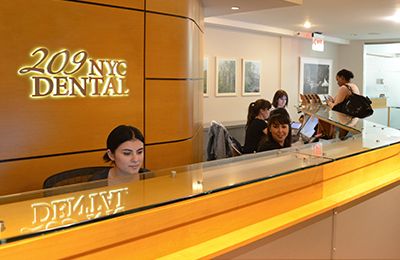 Contact us
Contact us
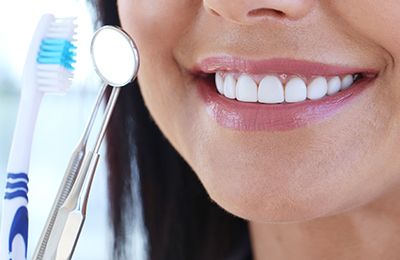 Diagnostic & Preventive
Diagnostic & Preventive
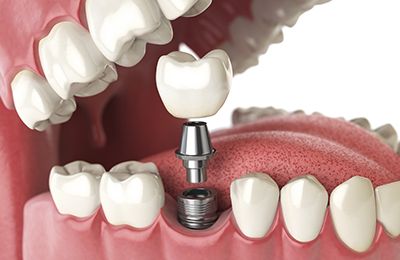 Implant Dentistry
Implant Dentistry
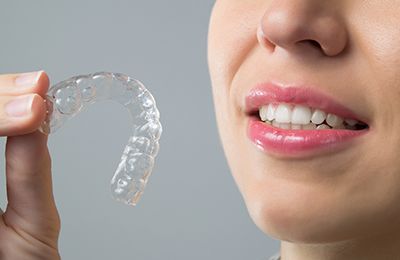 Clear Braces - Invisalign
Clear Braces - Invisalign
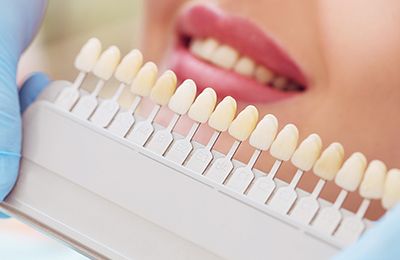 Cosmetic Dentistry
Cosmetic Dentistry
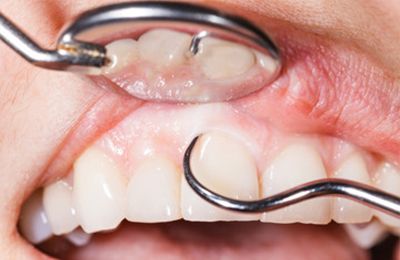 Periodontics
Periodontics
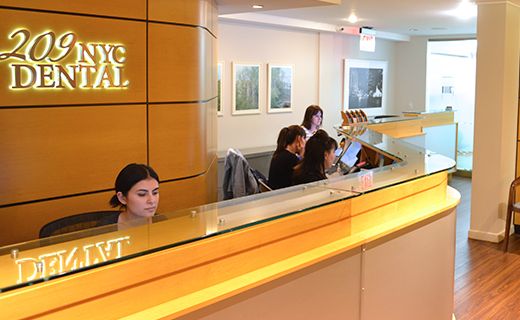 Patient Forms
Patient Forms
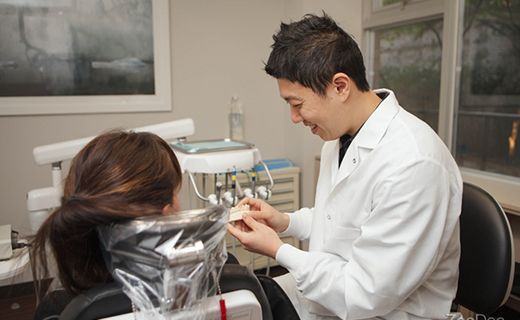 Payment Information
Payment Information
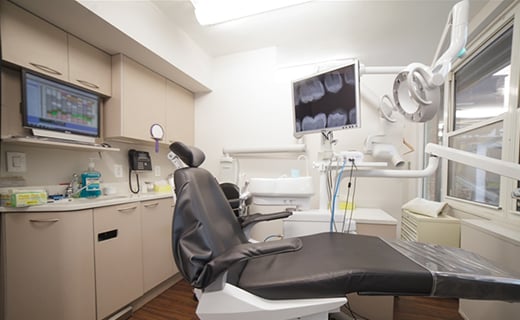 Insurance Options
Insurance Options
 CareCredit Dental
CareCredit Dental
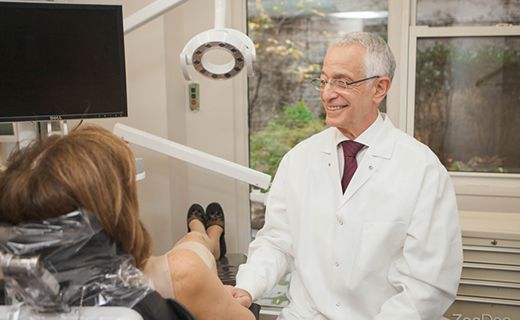 Appointment Policy
Appointment Policy
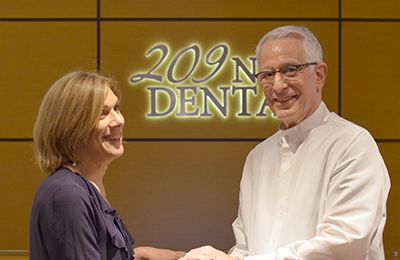 Free Consultation
Free Consultation
 Complimentary Teeth Whitening
Complimentary Teeth Whitening
 Teeth Whitening
Teeth Whitening
